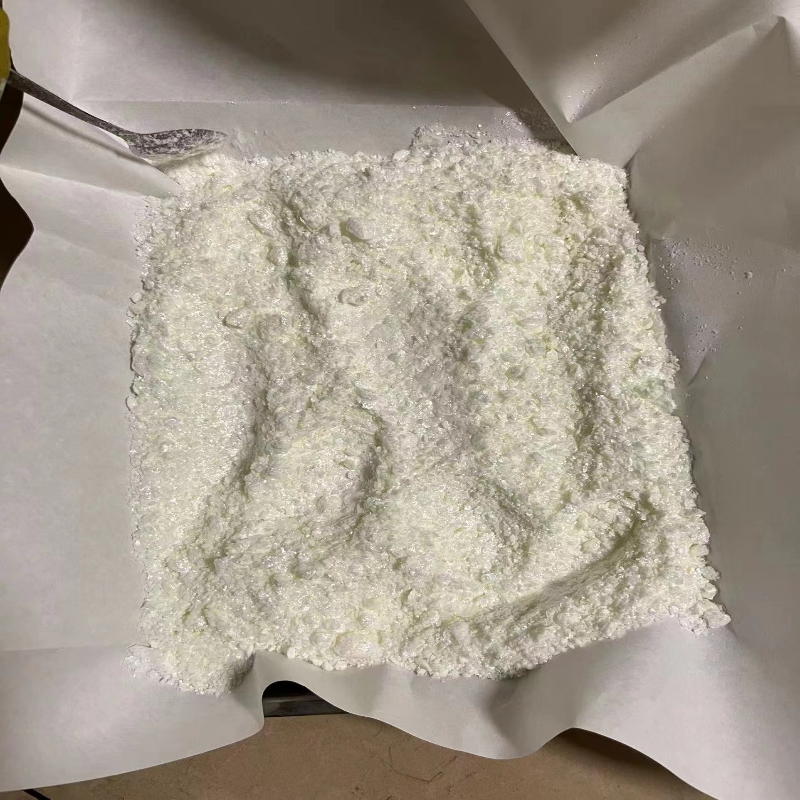-
Categories
-
Pharmaceutical Intermediates
-
Active Pharmaceutical Ingredients
-
Food Additives
- Industrial Coatings
- Agrochemicals
- Dyes and Pigments
- Surfactant
- Flavors and Fragrances
- Chemical Reagents
- Catalyst and Auxiliary
- Natural Products
- Inorganic Chemistry
-
Organic Chemistry
-
Biochemical Engineering
- Analytical Chemistry
-
Cosmetic Ingredient
- Water Treatment Chemical
-
Pharmaceutical Intermediates
Promotion
ECHEMI Mall
Wholesale
Weekly Price
Exhibition
News
-
Trade Service
France, still leading the way in developing the PET chemical recycling industry in Europe, announced that it will invest heavily in new facilities and add more capacity
.
Chemical recycling is playing an increasingly important role in large-scale plastic waste recycling, and supplies from French factories are further helping consumer brands reach their respective targets for recycled plastic content.
The key challenge to overcome remains the collection and sorting of the right raw materials
.
By 2025, France will have three PET chemical recycling facilities in operation, striving to become Europe's leader in new recycling technologies
.
Announcements from Eastman, Loop Industries and Carbios highlighted not only the opportunities but also the challenges that the recycling industry still faces
.
These announcements indicate positive developments in the field of PET chemical recycling, but also raise questions about the ability of Europe and the world to supply the materials needed for these new facilities
.
Any new business that needs plastic waste as a feedstock will strain the already robust but supply-constrained machinery recycling industry — especially when they see new capacity as competition for raw materials
.
Currently, the operating capacity of chemical recycling plants is still low compared to mechanical recycling, while the recycling capacity in Europe is lower than some regions such as Asia Pacific and North America, at less than 100,000 tons/year
.
Given the announced projects, and assuming sufficient quantities and quality of feedstock can be supplied to these plants, capacity is expected to ramp up rapidly
.
Invest in new facilities
Invest in new facilitiesLoop Industries has announced that it has selected the Normandy port of Jerome-sur-Seine as the site for a 70,000-tonne PET chemical recycling facility as part of the company's partnership with Suez for an estimated investment of 250 million euros
.
The plant will receive raw plastic waste flowing down the Seine from the Paris region and will use Loop's proprietary depolymerization technology, Infinite Loop, to break down PET and polyester waste into basic monomers for the production of 100% R-PET resin and polyester fiber
.
The plant is expected to start construction in 2023 and be operational 18 months later, but it is unclear whether the plant will be able to reach commercial scale in 2025 to meet the EU 2025 25% recycled content of all PET beverage bottles goal
.
US chemical giant Eastman also announced plans to invest $1 billion in France to build a methanoly chemical recovery facility for hard-to-recycle PET waste
.
These raw materials include various types of PET packaging, carpets and clothing
.
The facility will chemically recycle up to 160,000 tons/year of polyester waste currently incinerated through a methanolysis depolymerization unit using Eastman's polyester regeneration technology
.
The total output capacity of the facility is not stated as it depends on the output of waste PET input
.
The plant is scheduled to be operational by 2025
.
Carbios and Indorama Ventures announced a joint venture to build an enzyme-based chemical recycling plant for PET at IVL's Longlaville PET production facility in Meurthe-et-Moselle
.
The plant is expected to be operational by 2025 and will have a post-consumer PET waste input capacity of 50,000 tonnes/year
.
Carbios' core technology investment is estimated at 150 million euros, which includes the integration of an additional purification stage
.
An additional 50 million euros has also been set aside for the infrastructure preparation of the site
.
A feasibility study will be carried out for the industrialization of the Carbios technology at the IVL production site
.
The plant will use Carbios' C-ZYME enzyme recycling technology, which Carbios calls "biorecycling
.
" Enzymatic cycle, also known as enzymatic hydrolysis, is a form of chemical cycle
.
Carbios' recycling technology uses an enzyme that depolymerizes PET and then purifies it before repolymerizing it into PET
.
The joint venture follows the establishment of a demonstration plant in Clermont-Ferrand with the aim of fundamentally proving the process, which will not only support the construction of the plant, but also other plants that are operating under license agreements
.







